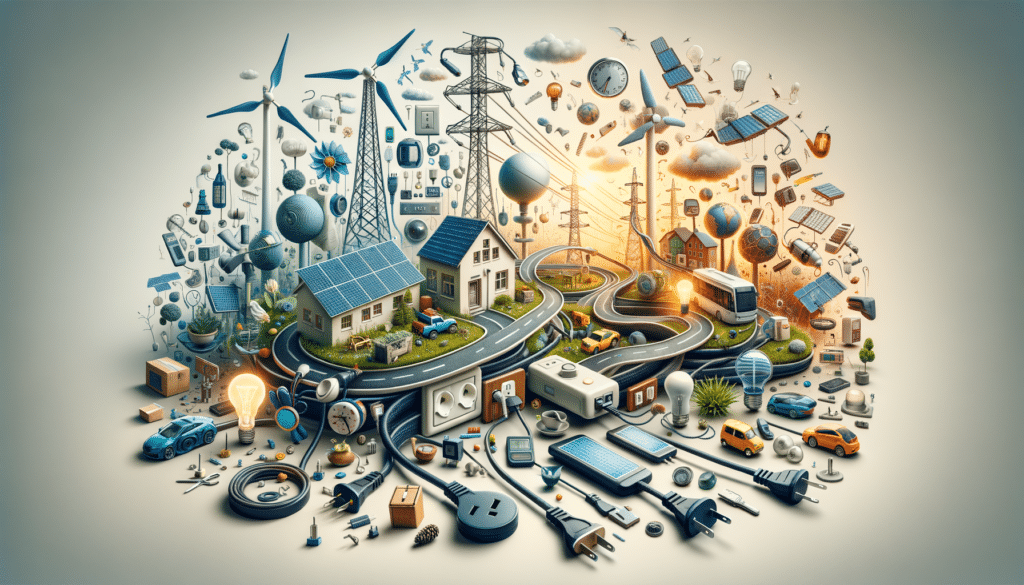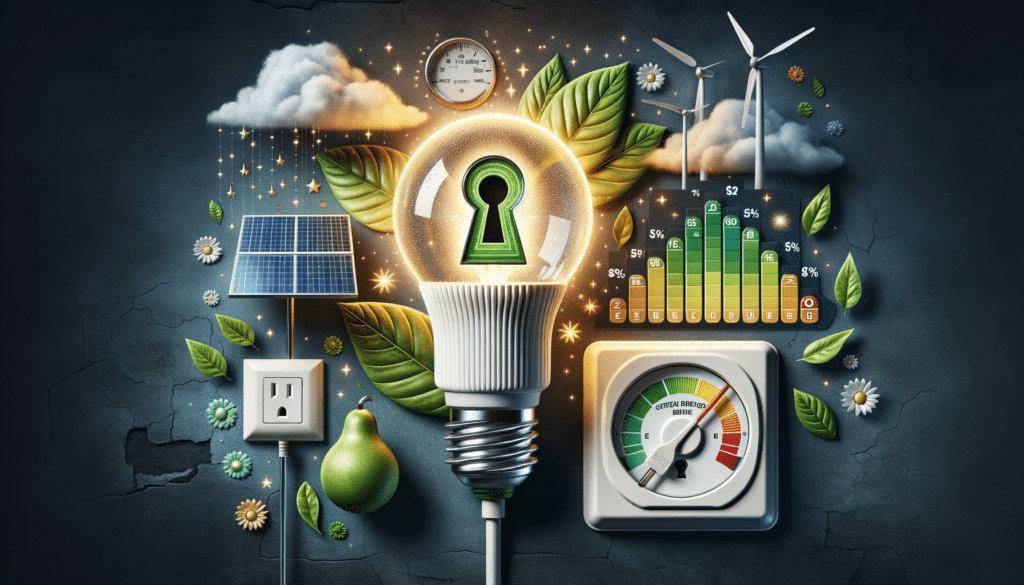Understanding Electricity Suppliers: An Overview
Electricity suppliers are integral to the energy market, acting as intermediaries between the energy producers and consumers. They purchase electricity from generators and sell it to residential, commercial, and industrial users. The role of electricity suppliers has evolved over the years, especially with the deregulation of energy markets in many regions. This change has introduced competition, allowing consumers to choose their suppliers based on factors like price, customer service, and environmental impact.
In deregulated markets, electricity suppliers offer various plans, including fixed-rate, variable-rate, and green energy options. Fixed-rate plans provide price stability, protecting consumers from market fluctuations, while variable-rate plans can offer savings when market prices drop. Green energy plans are becoming increasingly popular as they allow consumers to support renewable energy sources such as wind, solar, and hydroelectric power.
Understanding the landscape of electricity suppliers can empower consumers to make informed decisions, potentially leading to cost savings and supporting sustainable energy practices. With the increasing focus on environmental responsibility, many suppliers now offer plans that contribute to reducing carbon footprints, aligning with global efforts to combat climate change.
The Role of Electricity Suppliers in the Energy Ecosystem
Electricity suppliers play a pivotal role in the energy ecosystem, acting as the bridge between power generation and end-users. They manage the procurement of electricity from various sources, including traditional fossil fuels and renewable energy, and handle the logistics of delivering it to consumers. This role is critical in ensuring a reliable and consistent supply of electricity to meet the demands of modern society.
Suppliers also contribute to the overall stability of the energy grid by forecasting demand and securing adequate supply. They work closely with grid operators to balance the supply and demand, preventing shortages and outages. Additionally, suppliers are at the forefront of integrating new technologies, such as smart grids and advanced metering infrastructure, which enhance efficiency and reliability.
Moreover, electricity suppliers are increasingly involved in promoting energy efficiency and conservation. They offer programs and incentives to help consumers reduce their energy consumption, which not only lowers bills but also supports environmental sustainability. By encouraging the adoption of energy-efficient appliances and practices, suppliers help mitigate the impact of energy use on the environment.
Choosing the Right Electricity Supplier
Selecting an electricity supplier can significantly impact your energy costs and environmental footprint. With numerous options available, it’s essential to consider several factors before making a decision. Price is a major consideration, but it’s also important to evaluate the supplier’s reputation, customer service, and commitment to sustainability.
Consumers should compare the different pricing plans offered by suppliers. Fixed-rate plans provide price certainty, while variable-rate plans might offer lower rates during periods of low demand. Additionally, many suppliers now offer green energy plans that support renewable energy sources, allowing environmentally-conscious consumers to reduce their carbon footprint.
Customer service is another critical factor. A supplier with a strong reputation for excellent customer service can provide peace of mind, ensuring that any issues are resolved promptly and efficiently. It’s also beneficial to check customer reviews and ratings to gauge satisfaction levels.
Finally, consider the supplier’s commitment to sustainability. Many suppliers are investing in renewable energy projects and offering incentives for energy conservation. By choosing a supplier that prioritizes sustainability, consumers can contribute to a cleaner, greener future.
Benefits of Switching Electricity Suppliers
Switching electricity suppliers can offer several advantages, from cost savings to supporting renewable energy initiatives. In deregulated markets, consumers have the freedom to choose their supplier, enabling them to find plans that better suit their needs and preferences.
One of the primary benefits of switching is the potential for reduced energy bills. By comparing different plans and rates, consumers can identify more affordable options, leading to significant savings over time. Additionally, some suppliers offer incentives for new customers, such as bill credits or discounts.
Switching suppliers also allows consumers to support renewable energy. Many electricity suppliers now offer green energy plans, which source electricity from wind, solar, and other renewable sources. By choosing these plans, consumers can reduce their reliance on fossil fuels and contribute to reducing greenhouse gas emissions.
Moreover, switching suppliers can improve customer service experiences. If a consumer is dissatisfied with their current supplier’s service, they can explore other options with better ratings and reviews. This flexibility ensures that consumers are not locked into unsatisfactory arrangements and can choose suppliers that align with their values and expectations.
Future Trends in the Electricity Supply Industry
The electricity supply industry is poised for significant changes in the coming years, driven by technological advancements and a growing emphasis on sustainability. One of the most notable trends is the increasing integration of renewable energy sources into the energy mix. As technology improves and costs decrease, renewable energy is becoming more accessible and affordable, leading to greater adoption by electricity suppliers.
Another trend is the development of smart grids and advanced metering infrastructure. These technologies allow for more efficient energy distribution and consumption, enabling real-time monitoring and management of electricity usage. Smart grids also enhance grid reliability and resilience, reducing the risk of outages and improving response times during emergencies.
Additionally, the rise of distributed energy resources, such as rooftop solar panels and home battery storage systems, is transforming the traditional electricity supply model. Consumers are increasingly becoming producers of electricity, feeding excess power back into the grid and reducing their reliance on centralized power plants.
Finally, there is a growing focus on energy efficiency and conservation. Electricity suppliers are investing in programs and initiatives that encourage consumers to reduce their energy consumption, supporting both cost savings and environmental sustainability. As these trends continue to evolve, the electricity supply industry will play a crucial role in shaping a sustainable energy future.




